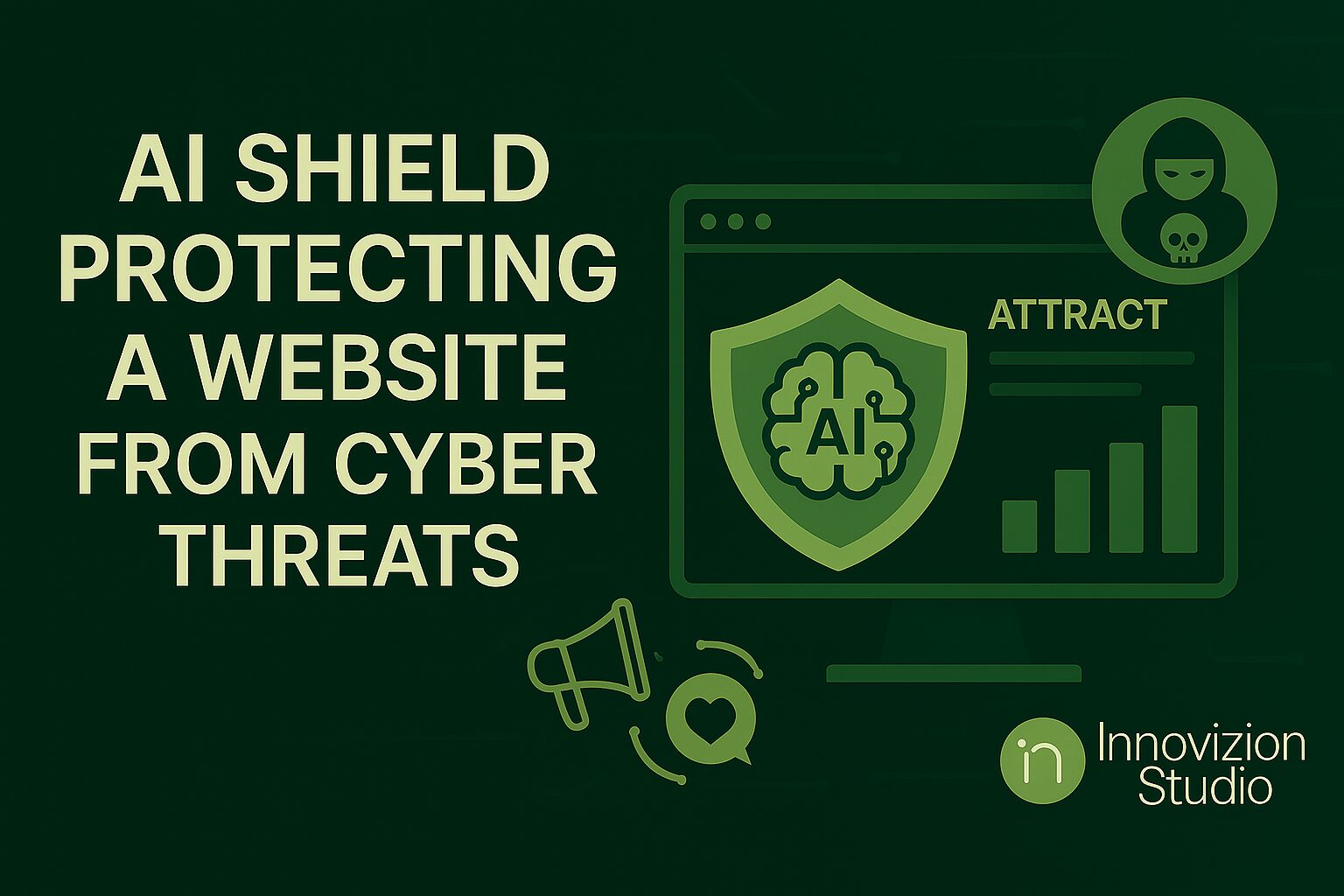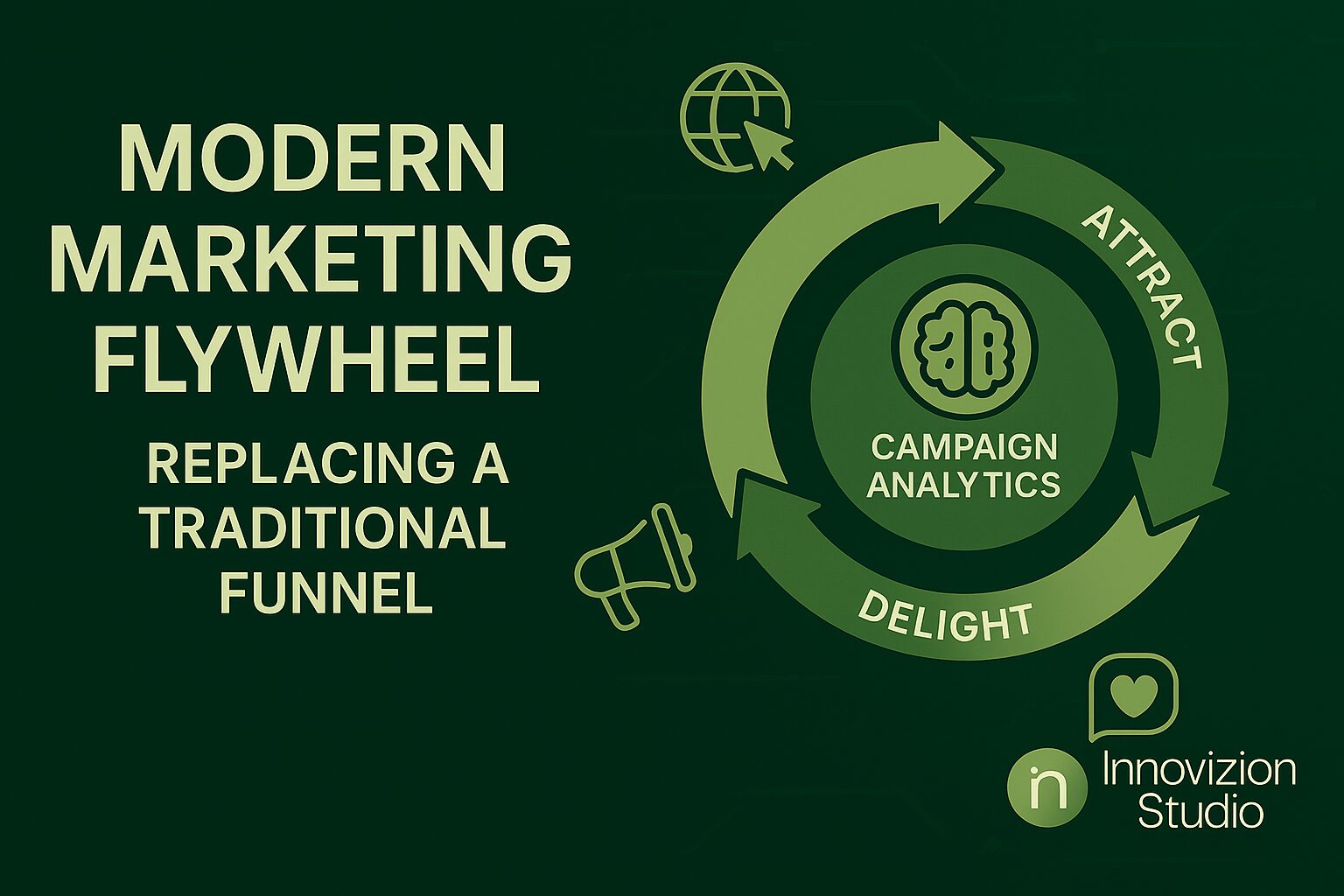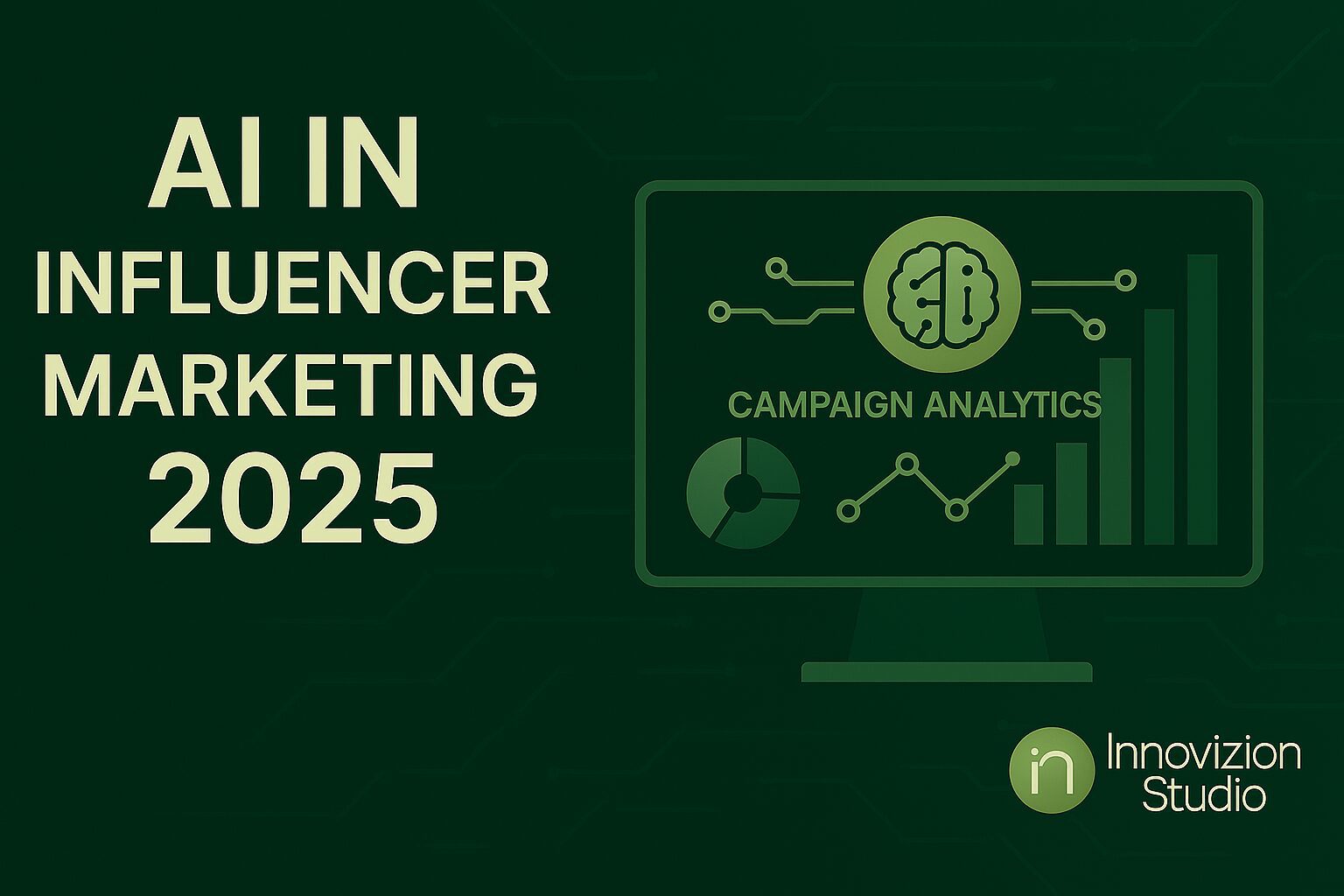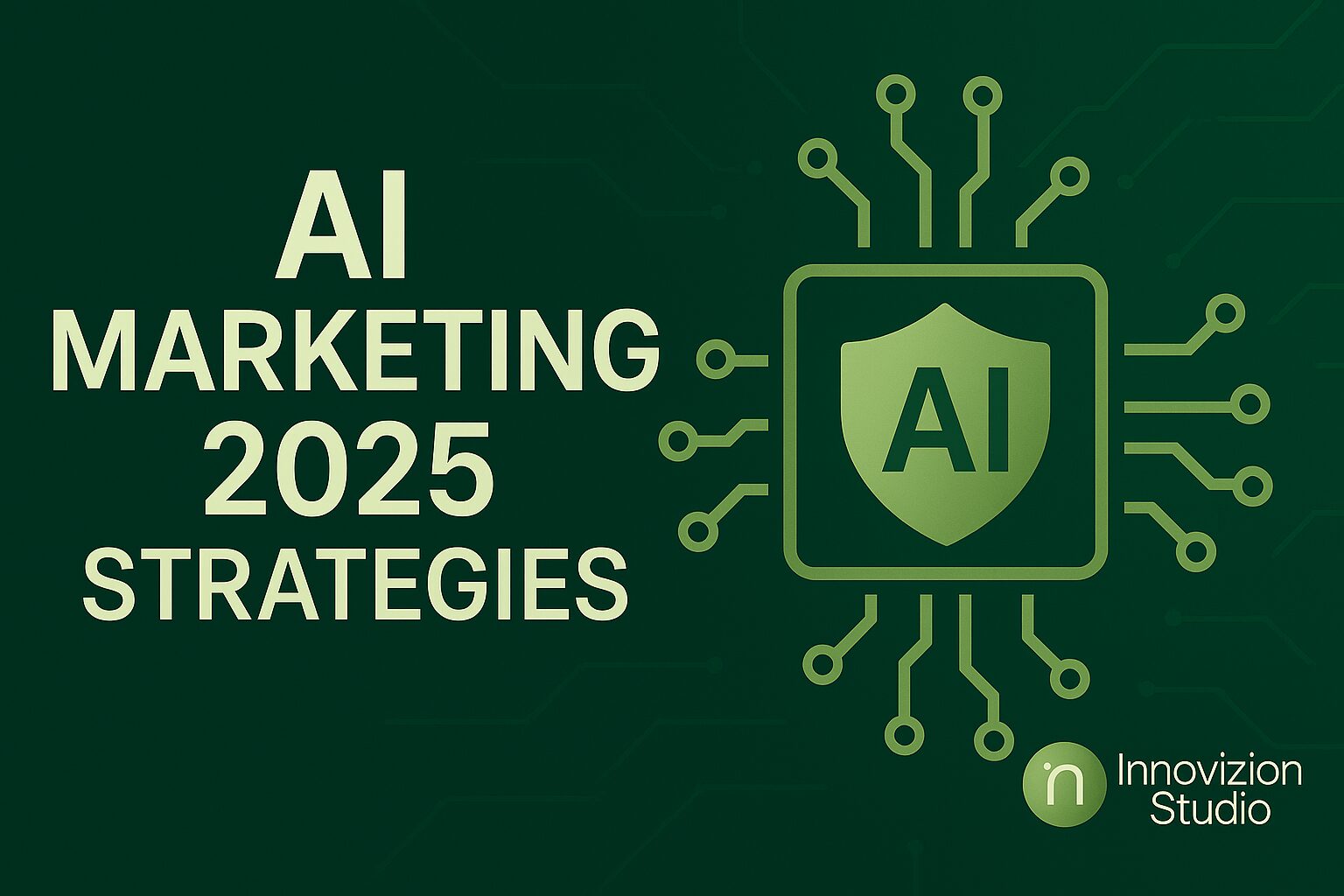Introduction
Cybersecurity is no longer an option—it’s a necessity. As businesses rapidly adopt digital platforms, cyber threats are evolving faster than ever. The year 2025 is projected to see cybercrime costs reach a staggering $10.5 trillion annually, making website security a top priority for every organization.
Among all the emerging technologies, AI in website security has become a game changer. Artificial Intelligence is not just transforming how we develop websites—it’s redefining how we protect them. From detecting sophisticated attacks to automating real-time defenses, AI-driven security tools are essential for building hacker-proof websites.
At Innovizion Studio, we specialize in creating secure, high-performance websites that leverage cutting-edge AI and advanced cybersecurity practices. With our expertise in secure web hosting solutions, MFA (Multi-Factor Authentication), and AI-powered protection, we ensure your online presence is resilient against modern cyber threats.
In this comprehensive guide, we’ll explore:
- The latest web security trends of 2025
- How AI is transforming cybersecurity for websites
- Essential technologies for a hacker-proof website
- Steps to future-proof your website security

1. The Rise of AI in Website Security
Artificial Intelligence has rapidly become the cornerstone of modern cybersecurity. Unlike traditional tools that react after an attack occurs, AI-driven solutions predict, detect, and neutralize threats proactively.
- Real-Time Monitoring: AI continuously scans website traffic to detect unusual behavior.
- Machine Learning Algorithms: These learn from past incidents to recognize emerging attack patterns.
- Automated Responses: AI tools can block malicious IPs, patch vulnerabilities, and prevent brute-force attacks without human intervention.
According to Forbes, AI-based cybersecurity solutions can mitigate up to 90% of automated cyberattacks, making it a critical investment for 2025.
2. Web Security Trends for 2025
Staying updated with web security trends 2025 is crucial for safeguarding websites. Key trends include:
- Zero Trust Architecture: “Never trust, always verify” approach for all user access.
- AI-Powered Web Application Firewalls: Intelligent firewalls that learn and adapt to new threats.
- Quantum-Resistant Encryption: Protects data from future quantum computing threats.
- Behavioral Biometrics: Verifies users based on unique behavior patterns.
These advancements ensure that websites can withstand even the most sophisticated cyber threats.
3. Cybersecurity for Websites 2025: Must-Have Measures
To build a truly hacker-proof website in 2025, businesses must implement:
- AI-Based Intrusion Detection Systems – Prevent malicious activities before they escalate.
- Multi-Factor Authentication (MFA) – Adds extra layers of security, reducing unauthorized access.
- Secure Web Hosting Solutions – Ensures safe infrastructure and automatic malware protection.
- Regular Vulnerability Testing – Identifies and patches weak points proactively.
At Innovizion Studio, we integrate these measures into every web development project, ensuring clients benefit from industry-leading protection.
4. Role of MFA in Future Website Security
Passwords alone are no longer sufficient to protect sensitive data. Multi-Factor Authentication (MFA) is a critical component of modern cybersecurity:
- Requires two or more verification methods
- Reduces the risk of credential theft
- Protects admin panels and user accounts from brute-force attacks
Implementing MFA across all login points is one of the most effective ways to secure websites in 2025.
5. Secure Web Hosting Solutions
A website’s hosting environment plays a vital role in its security posture. Secure web hosting solutions offer:
- Advanced firewalls and DDoS protection
- Daily automated backups
- Real-time malware scanning
- SSL certificates for encrypted communication
Choosing a reliable hosting partner with AI-powered monitoring ensures long-term website security.
6. AI-Powered Defense Strategies
Beyond detection, AI actively defends websites through:
- Predictive Analytics: Forecasts potential threats based on user behavior and global attack data.
- Threat Intelligence Sharing: AI platforms share information to block emerging threats faster.
- Automated Patching: Instantly updates website software to close vulnerabilities.
This proactive approach significantly reduces the attack surface of any website.
7. Steps to Build a Hacker-Proof Website in 2025
Follow these actionable steps to ensure your website stays safe:
- Design with Security First: Integrate cybersecurity measures from the start of development.
- Enable MFA Everywhere: Protect admin and user logins with multiple verification layers.
- Adopt Zero Trust Architecture: Continuously validate every access request.
- Use AI-Driven Tools: Deploy intelligent firewalls, monitoring systems, and intrusion detectors.
- Secure Hosting: Host your site with providers offering advanced AI-based protection.
- Regularly Audit Security: Conduct penetration tests and vulnerability scans.
- Stay Updated: Apply software and plugin updates to patch security flaws.
Conclusion
With cyberattacks growing more sophisticated, traditional security methods are no longer enough. AI in website security is the future, offering predictive, adaptive, and automated defenses that traditional tools can’t match.
By embracing AI-driven security solutions, MFA, and secure web hosting, businesses can build hacker-proof websites that stand strong in 2025 and beyond.
At Innovizion Studio, we combine state-of-the-art cybersecurity practices with custom web development to deliver websites that are not only visually stunning but also resilient against modern cyber threats.
Future-proof your website security—because in the digital age, prevention is your best defense.




